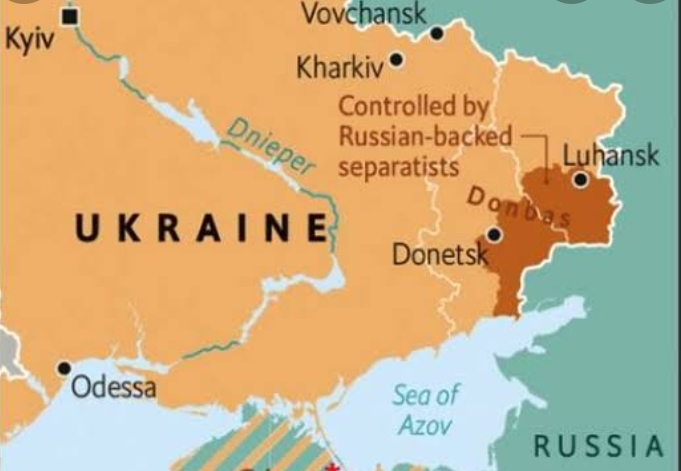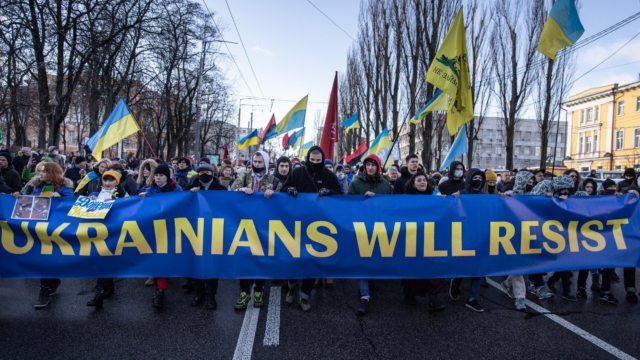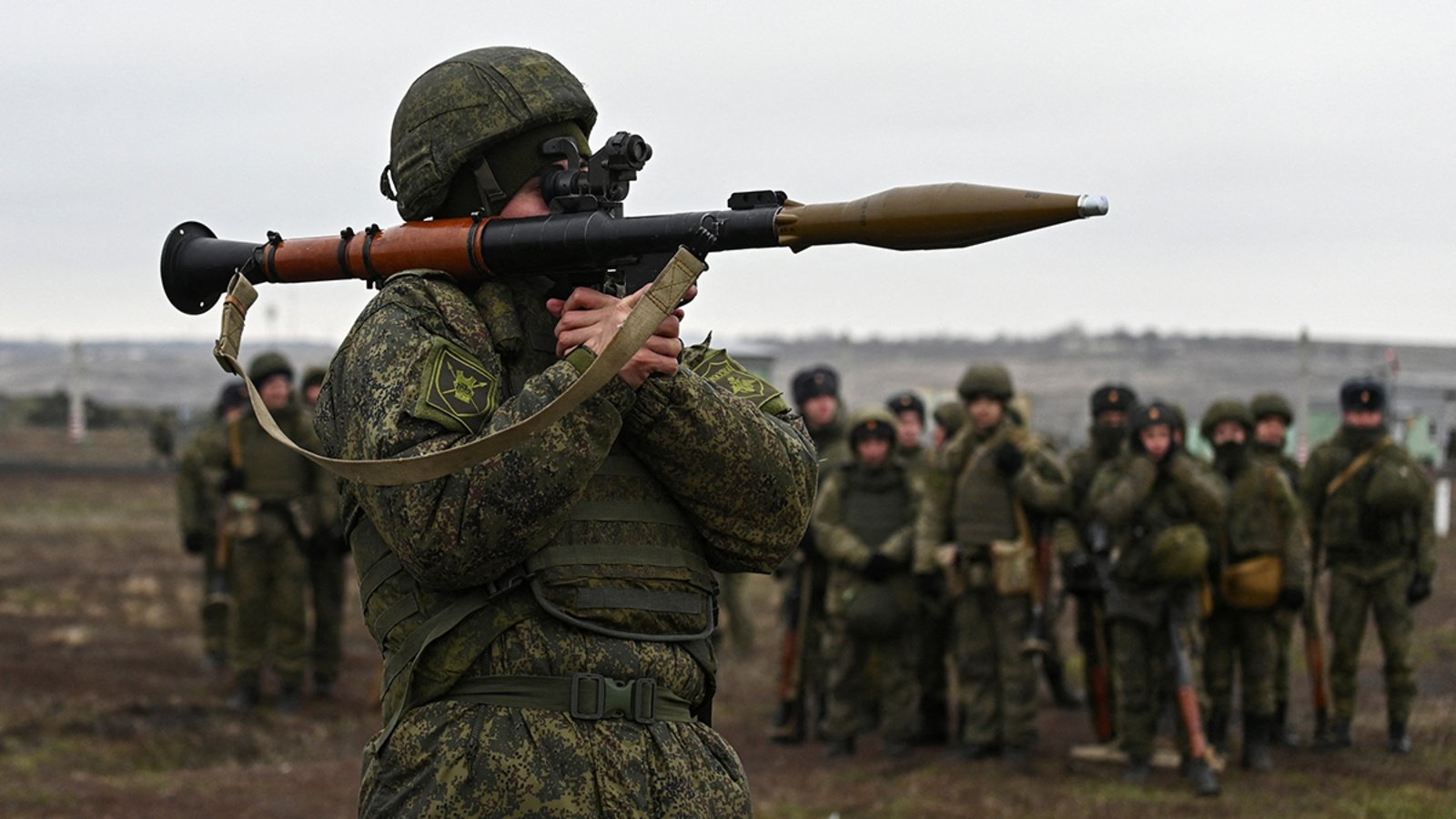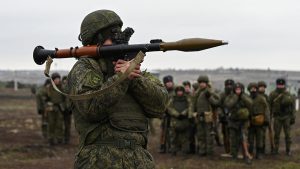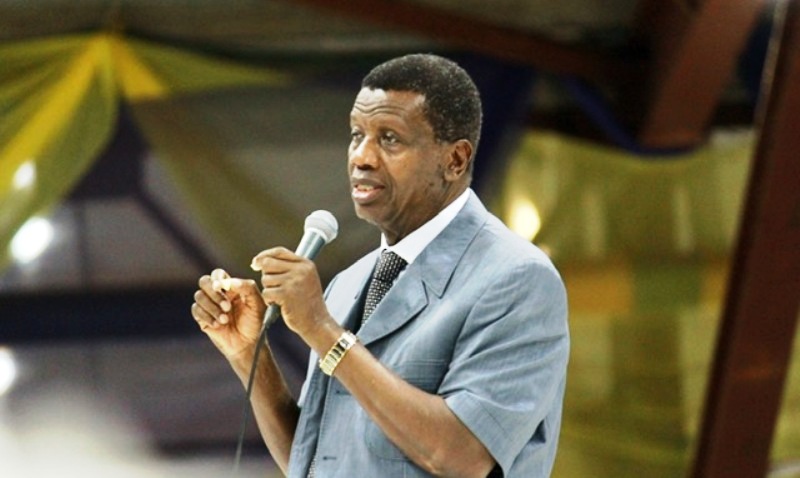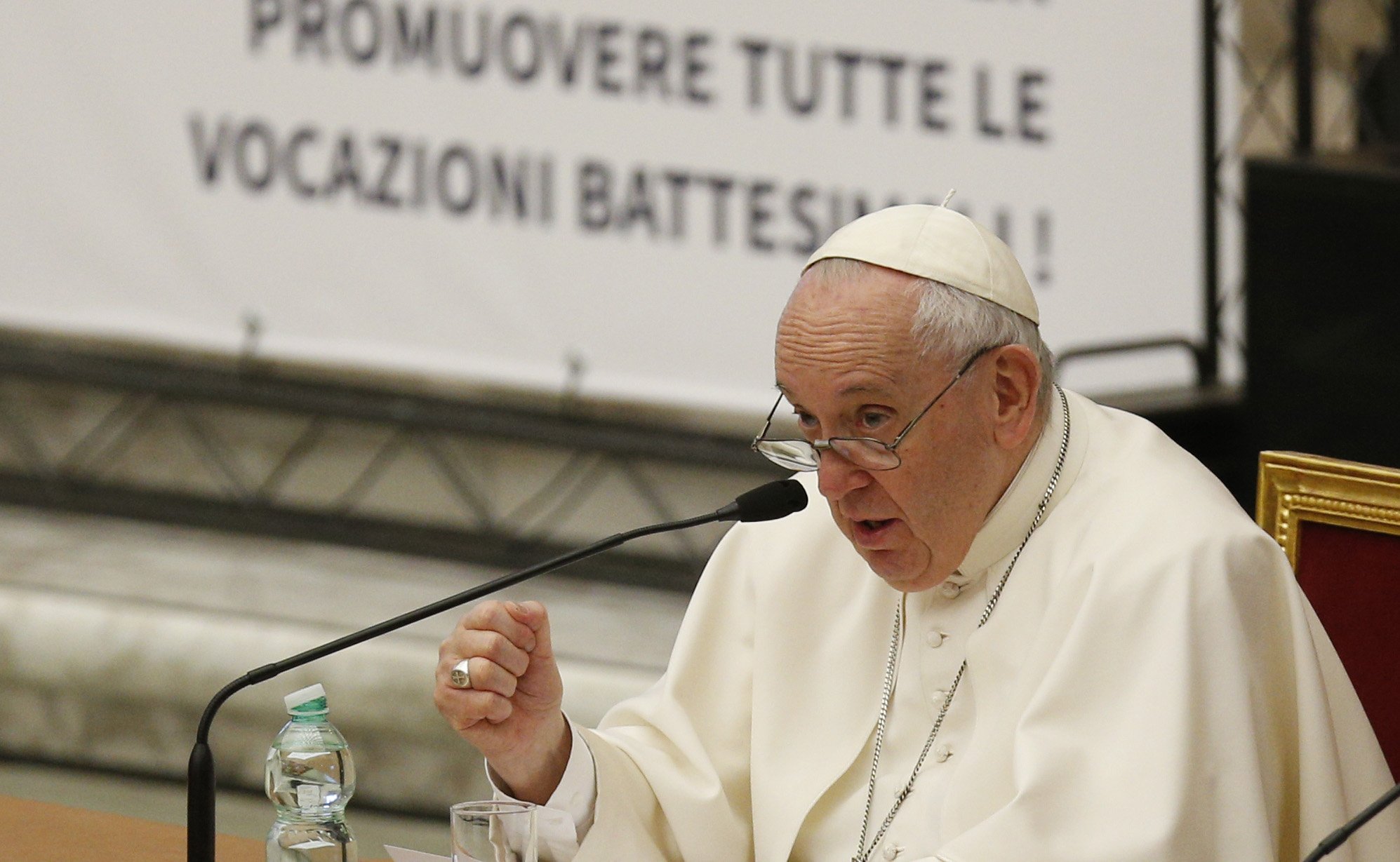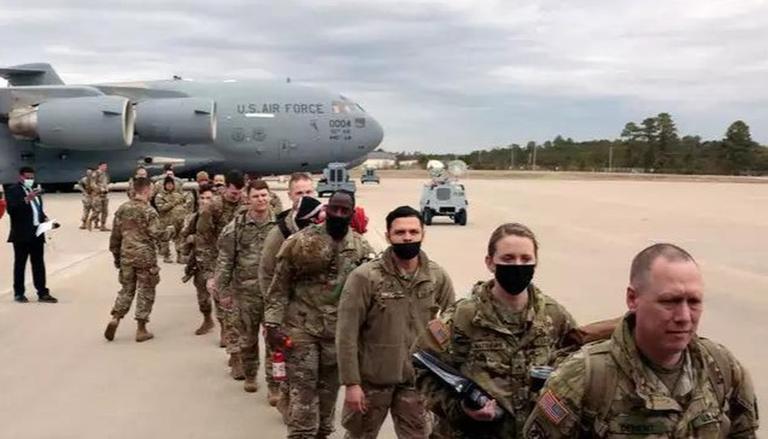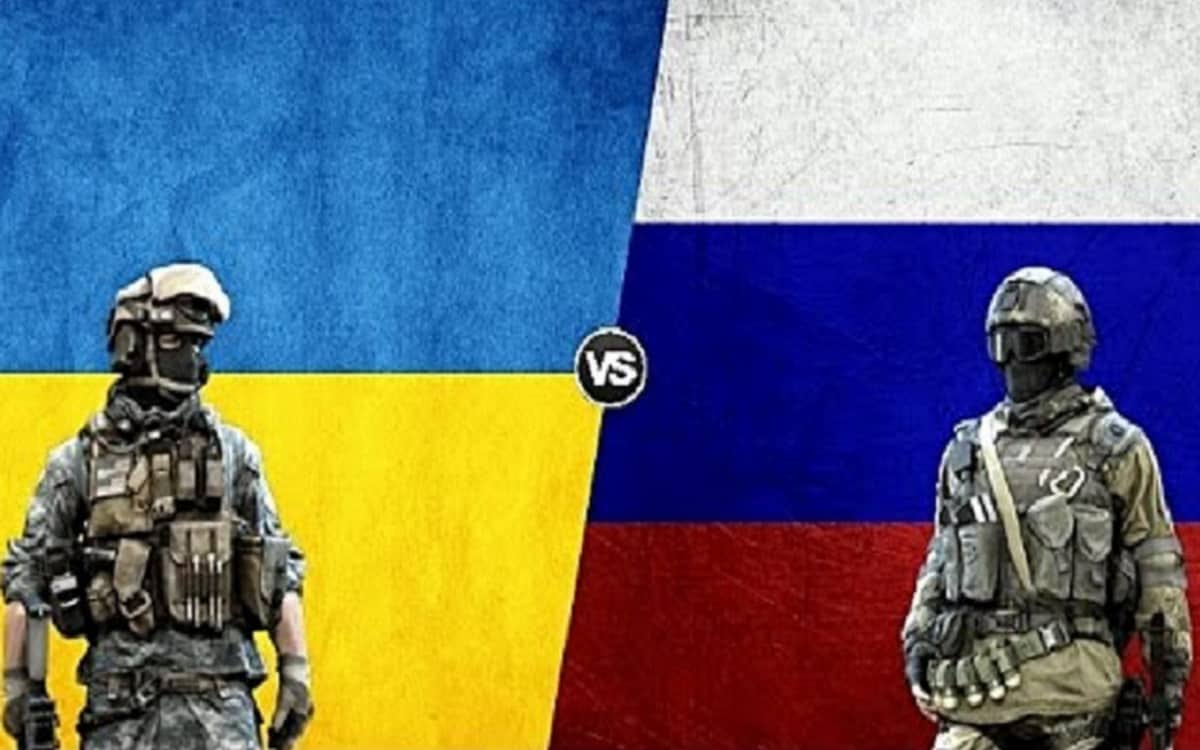The rapid response force of the North Atlantic Organization (NATO) has been activated in the event Russia touched any NATO member State.
TheNewsGuru.com (TNG) reports NATO and the United States of America (USA) are now ready to send in military in the circumstance.
It is very likely that as Russia continues its onslaught on Ukraine, member States of NATO might be affected.
NATO has mobilised 120 combat-ready warships, 100 fighter jets and tens of thousands of soldiers on high alert.
The European Union (EU), also is on high alert as events unfold between Russia and Ukraine.
NATO on Friday shifted some of the troops in order to be able to respond swiftly if needed, as Russian attacks on Ukraine continued unrelentingly and Western countries and alliances imposed tougher sanctions on Moscow.
NATO is deploying units of the rapid reaction NATO Response Force (NRF) on land, at sea, and in the air to respond quickly to any contingency, Secretary-General Jens Stoltenberg said, as Russian continued its attack on Ukraine.
He did not initially state where the troops would be deployed, in comments that followed a video conference with NATO leaders, but dpa learned that ground troops could be sent to Romania.
Meanwhile, NRF units are due to head to Norway, for an exercise, in the first deployment of parts of the NRF in the course of deterrence and defence of the alliance area, Stoltenberg said.
The NATO members said the measures were “preventive, proportionate, and non-escalatory” in a statement.
German Chancellor Olaf Scholz told the emergency summit that the eastern members of the alliance needed more troops following Russia’s attack on Ukraine.
As he spoke, the first British soldiers and trucks carrying additional equipment reached Estonia to reinforce the NATO battalion there.
A convoy with six battle tanks and other military vehicles reached the Tapa military base, the Estonian army said.
London is set to send 850 soldiers and equipment to Estonia, roughly doubling the British contingent there.
Other NATO members also announced new deployments to strengthen the Western military alliance.
Italy said it was making around 3,400 additional soldiers available on the alliance’s eastern flank, while Denmark announced it was ready to contribute 20 more F-16 fighter jets to help secure NATO airspace.
Also on Friday, Russia banned British aircraft from using its airspace, in a tit-for-tat response a day after London barred Russia’s Aeroflot airline from flying to Britain.
Poland and the Czech Republic followed up later by saying they would also close airspace to Russian planes.
Friday also saw Western countries impose tougher sanctions amid Moscow’s unrelenting attacks.
Washington was the latest to announce sanctions targeting Russian President Vladimir Putin and Foreign Minister Sergei Lavrov, on Friday after penalties imposed on the two earlier by Britain and the European Union in response to Moscow’s invasion.
Russia responded by criticising the sanctions on Putin and Lavrov, slamming these as a sign of weak foreign policy.
In further efforts to cease hostilities, the Organisation for Economic Co-operation and Development (OECD) formally ended Russia’s accession negotiations, it said in a statement.
The organization said it would continue to reconsider its co-operation with Russia in the days and weeks ahead, while also weighing how to better support the Ukrainian government.
The move came after the 47-country Council of Europe, Europe’s human rights watchdog, suspended Russia with immediate effect.
Individual countries also adopted their own measures, with the Spanish government withdrawing the country’s ambassador to Ukraine.
The pro-Russian president of Serbia, Alexander Vucic, has been critical of the Russian invasion of Ukraine.
“We consider it a grave mistake to violate the territorial integrity of a country like Ukraine,” Vucic said in Belgrade on Friday evening.
At the same time, he said that his country would not be imposing sanctions on Moscow.
Ambassador Silvia Cortés will be taken to Poland in a convoy of vehicles together with around 100 other Spanish citizens, Foreign Minister José Manuel Albares told Spanish media on Friday.
The invasion has opened the eyes of many EU states, according to Latvia’s prime minister Krisjanis Karins, who said a period of naivety had come to an end, in comments to Latvian news agency Leta.
“Many European countries have lived under the illusion that everything can be negotiated if they find the right words to say to Putin and if they are patient,” Karins said, referring to the Baltic states’ long-standing admonitions to its EU and NATO partners.
But with a “brutal war” unfolding in Ukraine, Karins said, the same countries now understand that these were only empty hopes.
“For a long time, the world did not want to accept the obvious. Now everything has changed.
“Putin has lost all trust and support within the democratic world,” Karins said.
At the close of the day, U.S. President Joe Biden reiterated Washington’s support for Ukrainian President Volodymyr Zelensky.
“I commended the brave actions of the Ukrainian people who were fighting to defend their country,” Biden said in a statement following their call.
“I also conveyed ongoing economic, humanitarian, and security support being provided by the United States as well as our continued efforts to rally other countries to provide similar assistance,” U.S. President Joe Biden assured Zelensky.
Washington also dismissed Russian offers of talks with Ukraine.
“Diplomacy by the barrel of a gun, coercive diplomacy, is not something that we are going to take part in,” U.S. State Department spokesperson Ned Price said, adding this would not aid peace efforts in a real, genuine and sustainable way.
Diplomacy cannot succeed in a context where “you rain down bombs, mortar shells” and “your tanks advance towards a capital of 2.9 million people,” he said.
Meanwhile, people worldwide took to the streets to show their solidarity with Ukraine.
Buildings and monuments were lit up in the blue and yellow colours of the Ukrainian flag, including starting Friday evening the Eiffel Tower.
In Germany, rallies were announced for the weekend in cities including Berlin.
In Stockholm, Swedish climate activist Greta Thunberg showed her support during Friday’s climate protest.
Along with others, the 19-year-old stood in front of the Russian embassy.
She held a small sign in the blue and yellow national colours with the inscription “Stand with Ukraine” in her hand.
